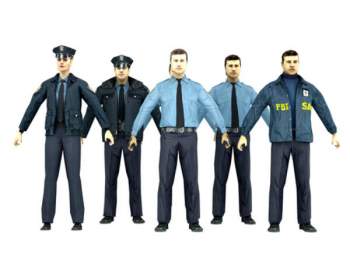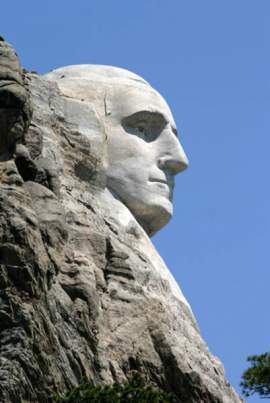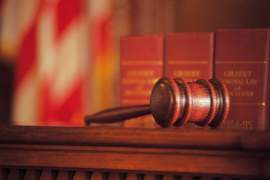
Police Power Explained

Popular In Constitution
Purpose Of Lifetime Appointment And Pros And Cons Enumerated Powers Bicameral Legislature Background Article 3 Of The Constitution We The People 1st Amendment Who Wrote The Constitution Judicial Review Equal Protection Clause 5th Amendment 10th Amendment Three Fifths Compromise
Police power is representative of the way in which individual states may regulate citizen and non-citizen behavior and conduct. It proceeds with the express purpose of ensuring that the public's welfare is maintained, as well as its general health and safety.
State constitutions usually provide the limitations by which police power is instituted. It stems all the way back to the feudal systems of Europe. The exhibition of police power may be seen in a number of ways. These include: the creation of laws and the imposing of these laws by physical force or other such procedures.
Conflicts that usually arise as a result of the
existence of police power are those which concern the beliefs that such
physical force may not actually be in legal concurrence within the realm of the
United States Constitution. Federal courts are usually confronted with issues
of civil liberties which come into question, presenting serious consequences in
relation to the institution of police power.
In
accordance with Nineteenth Century legislation, Federal courts ruled that
despite the overseeing powers of the Federal Government, states possessed sole
control over the handling of police power. This system works to deal with
situations such as that concerning property considerations, public health
issues, laws concerning heinous crimes, as well as various other aspects of
law.
This may be seen as is exhibited within the Tenth Amendment of the
United States Constitution. This Amendment states that powers not assigned to
the Federal Government are to be left to that of the State as well as the
general public. Police powers are that which are set forth in accordance with State
constitutions having precedence, but also with some limitations.
One such case is that of Lawrence v. Texas. In this Supreme Court case, Federal courts stated that "intimate" situations not be subject to police power aside from if it presented harm in relation to the health and overall safety of those involved. A case that demonstrated how local authorities may abuse their power includes that of Mahony v. Township. This involved the township instituting "zoning ordinances," which then were deemed an illegal use of police power. This was due to the fact that a complete barring of private gas wells was seen as without real reasoning since it had no actual effect over concerns such as the health, safety, and welfare of the whole town. This case example shows just how even a system of police power may also go too far regardless of its legal intent.
NEXT: Right to Bear Arms Explained





















